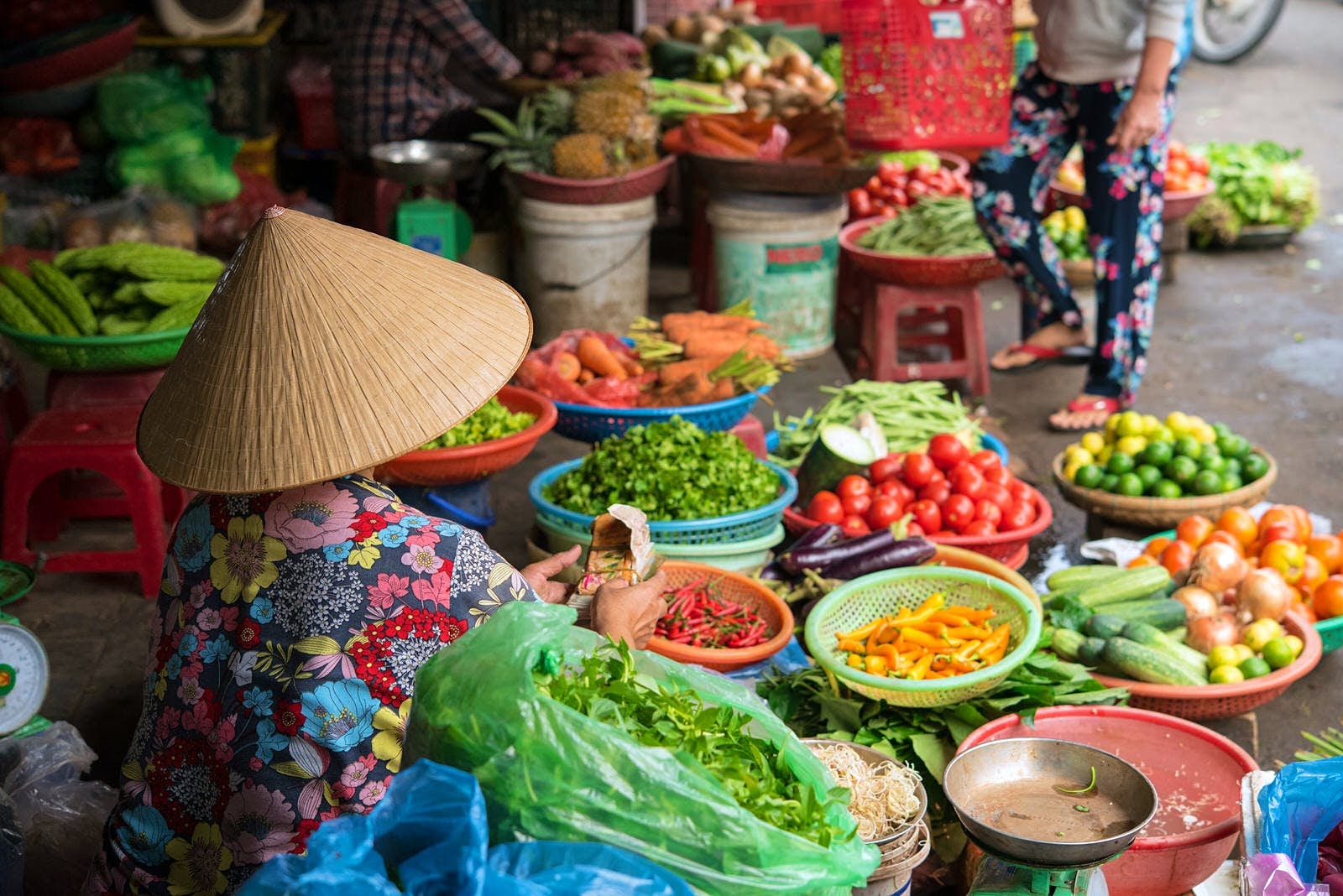Vietnam's GDP forecast to rise by 7 per cent in 2021
 |
| Global economic growth is difficult to forecast even after the COVID-19 pandemic |
The International Monetary Fund (IMF) in its World Economic Outlook report issued in April forecast that Vietnam’s GDP would fall to 2.7 per cent this year, compared to the 7.0 per cent in 2019. However, the country will bounce back strongly to rise again up to 7.0 per cent in 2021.
Moreover, Vietnam was ranked first in terms of GDP growth in the ASEAN 5 in 2019 and 2020. The group includes Indonesia, Thailand, Malaysia, the Philippines, and Vietnam.
The report said that the global economy will decline by 3.0 per cent in 2020, while in its January forecast it put this same figure at 3.3 per cent.
Gita Gopinath, economic counsellor at the IMF stated that the organisation is uncertain about the strength of the rebound. “It is very likely that this year the global economy will experience its worst recession since the Great Depression, surpassing that seen during the global financial crisis a decade ago.”
She said that the crisis is different from others. “First, the shock will be large. The output loss associated with this health emergency and related containment measures likely dwarf the losses that triggered the global financial crisis. Second, like in a war or a political crisis, there is continued severe uncertainty about the duration and intensity of the shock. Third, under current circumstances, there is a very different role for economic policy. In normal crises, policymakers try to encourage economic activity by stimulating aggregate demand as quickly as possible.”
Gopinath also highly appreciated the role several central banks played in averting “an even sharper drop in asset prices and confidence”.
However, the IMF reported that there is extreme uncertainty around global growth. The economic fallout depends on factors that interact in ways that are hard to predict, including the pathway of the pandemic, the intensity and efficacy of containment efforts, the extent of supply disruptions, the repercussions of the dramatic tightening in global financial market conditions, shifts in spending patterns, behavioural changes, confidence effects, and volatile commodity prices.
What the stars mean:
★ Poor ★ ★ Promising ★★★ Good ★★★★ Very good ★★★★★ Exceptional
Related Contents
Latest News
More News
- Vietnamese businesses diversify amid global trade shifts (February 03, 2026 | 17:18)
- Consumer finance sector posts sharp profit growth (February 03, 2026 | 13:05)
- Vietnam and US to launch sixth trade negotiation round (January 30, 2026 | 15:19)
- NAB Innovation Centre underscores Vietnam’s appeal for tech investment (January 30, 2026 | 11:16)
- Vietnam moves towards market-based fuel management with E10 rollout (January 30, 2026 | 11:10)
- Vietnam startup funding enters a period of capital reset (January 30, 2026 | 11:06)
- Vietnam strengthens public debt management with World Bank and IMF (January 30, 2026 | 11:00)
- PM inspects APEC 2027 project progress in An Giang province (January 29, 2026 | 09:00)
- Vietnam among the world’s top 15 trading nations (January 28, 2026 | 17:12)
- Vietnam accelerates preparations for arbitration centre linked to new financial hub (January 28, 2026 | 17:09)

 Tag:
Tag:




















 Mobile Version
Mobile Version